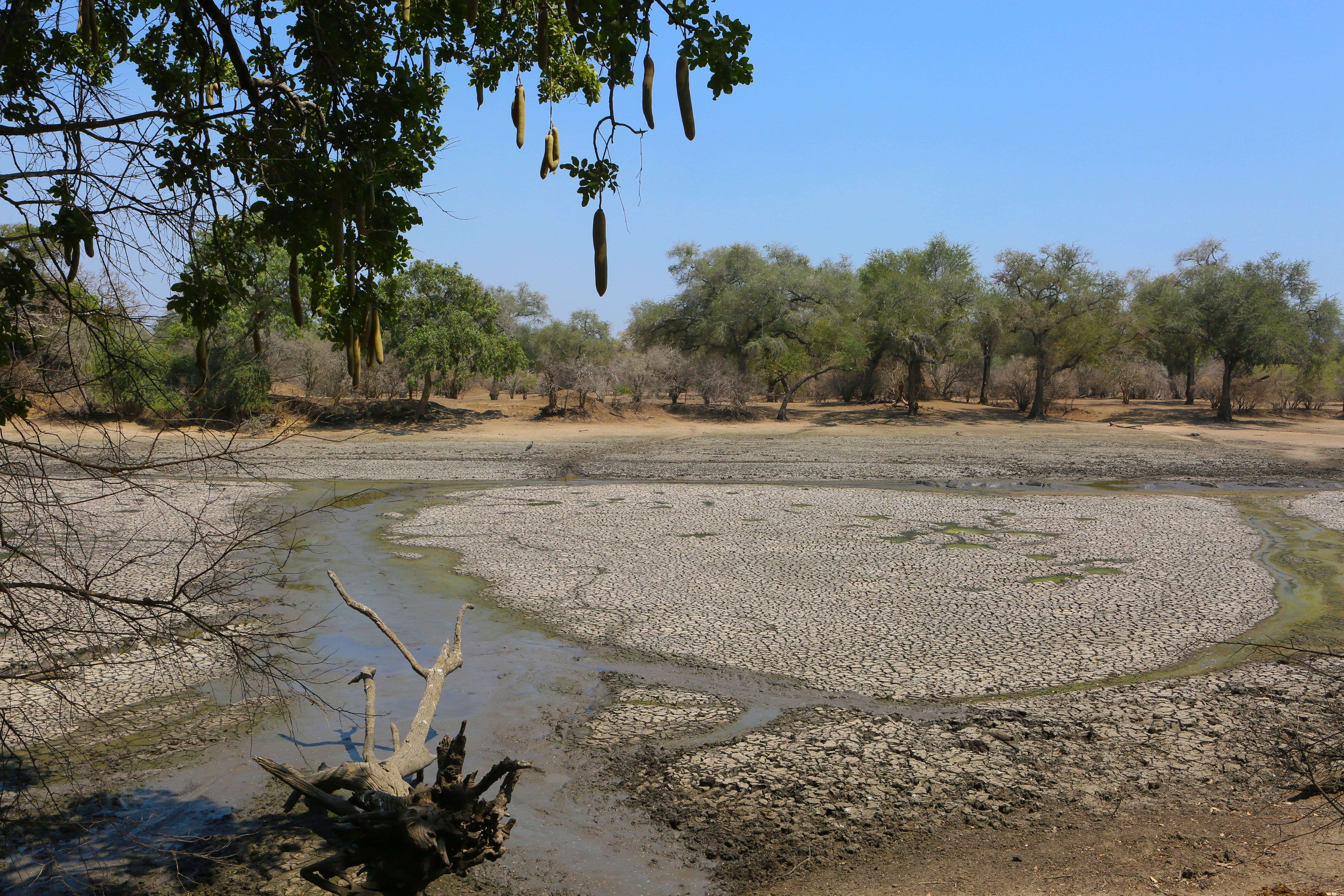Malawi follows Zambia in declaring drought disaster as El Niño brings hunger to southern Africa
The southern African nation of Malawi has declared a state of disaster over drought in 23 of its 28 districts

The southern African nation of Malawi has declared a state of disaster over drought in 23 of its 28 districts and the president says it urgently needs more than $200 million in humanitarian assistance, less than a month after neighboring Zambia also appealed for help.
Malawi is the latest country in the region to have its food supply crippled by a severe dry spell that's been linked to the El Niño weather phenomenon.
A third country, Zimbabwe, has also seen much of its crops decimated and is considering following suit, underlining concerns raised by the U.N. World Food Programme late last year that numerous nations in southern Africa were on the brink of a hunger crisis because of the impact of El Niño.
The WFP said there were already nearly 50 million people in southern and parts of central Africa facing food insecurity even before one of the driest spells in decades hit.
USAID, the U.S. government’s aid agency, said that more than 20 million people in southern Africa would urgently need food aid in early 2024, partly due to the El Niño effect.
Last month was the driest February in 40 years for Zambia and Zimbabwe, according to the WFP's seasonal monitor, while Malawi, Mozambique and parts of Angola had “severe rainfall deficits.”
Millions in southern Africa rely on the food they grow to survive. Corn, the region’s staple food, has been badly affected by the drought.
El Niño is a natural, recurring weather phenomenon involving the warming of the sea surface in parts of the Pacific Ocean. It has impacts on global weather, including causing below-average rainfall in southern Africa. Some scientists say that climate change is making El Niños stronger and their impacts more extreme.
The 2015-2016 El Niño also brought a severe drought for southern Africa, the region's worst in 35 years, according to the U.N. Office for Humanitarian Affairs.
Humans aren't the only ones affected, with conservation officials in Zimbabwe reporting the rare occurrence of at least 100 elephants dying in a national park late last year because of waterholes drying up in the drought.
Before the national disaster announcements by Malawi and Zambia, the WFP and USAID had already launched a program to feed 2.7 million people in rural Zimbabwe facing food shortages — nearly 20% of that country's population.
British charity Oxfam said this month that more than 6 million people in Zambia — 30% of its population — are now facing acute food shortages and malnutrition, with the next crop growing season a year away.
Malawian President Lazarus Chakwera said he had been on a tour of his country to discover the extent of its drought crisis, and a preliminary assessment by the government found about 44% of Malawi's corn crop had failed or been affected, and 2 million households were directly impacted. He said the country of 20 million people needed around 600,000 metric tons of food aid and called on the international community for help.
Malawi has been repeatedly hit by weather extremes in recent years, emphasizing how some of the world's poorest and most vulnerable countries are feeling the worst effects of climate change even as they contribute the least to global emissions.
Cyclone Freddy killed hundreds in Malawi last year, one of a succession of strong cyclones that have ripped through various parts of southern Africa in the last five years.
In early 2022, tropical storms and floods contributed to Malawi's worst outbreak of the water-borne disease, cholera. More than 1,200 people died in the outbreak that lasted for months, according to the World Health Organization. Zambia is also currently experiencing a major cholera outbreak.
___
AP Africa news: https://apnews.com/hub/africa
Bookmark popover
Removed from bookmarks